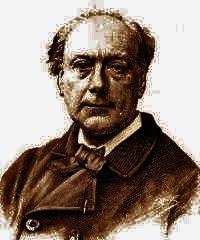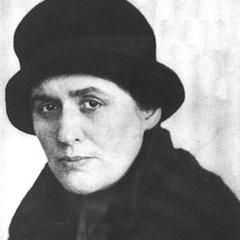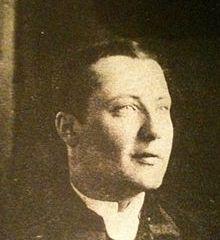William Shakespeare Quotes about Art - Page 2

William Shakespeare, Katherine Duncan-Jones, H. R. Woudhuysen (2007). “Poems: Third Series”, p.346, Cengage Learning EMEA
William Shakespeare (1867). “The Works of William Shakespeare”, p.18
William Shakespeare (1853). “The works of William Shakespeare: comprising his dramatic and poetical works, complete”, p.461
'Hamlet' (1601) act 2, sc. 2, l. 95
William Shakespeare, Jay L. Halio (1992). “The Tragedy of King Lear”, p.109, Cambridge University Press
William Shakespeare (1823). “The Dramatic Works of William Shakspeare: From the Text of Johnson, Stevens, and Reed; with Glossarial Notes, His Life, and a Critique on His Genius & Writings”, p.138
William Shakespeare (1824). “The Dramatic Works, Printed from the Text of Samuel Johnson, George Steevens and Isaac Reed”, p.697
William Shakespeare, Charles Knight (1843). “The Complete Works of W. Shakspere: Illustrated with Many Valuable Literary Notes from Johnson, Steevens, Malone, Drake, Chalmers, Coleridge, Lamb, Schlegel, Hazlitt, Ch. Knight, and Other Distinguished Commentators with Large Introductory Notices Prefixed to Each Play ...”
'Romeo And Juliet' (1595) act 2, sc. 2, l. 33
William Shakespeare (1851). “Dictionary of Shakespearian quotations: Exhibiting the most forcible passages illustrative of the various passions, affections and emotions of the human mind”, p.215
In sweet music is such art: killing care and grief of heart fall asleep, or hearing, die.
'Henry VIII' (1613) act 3, sc. 1, l. 3
William Shakespeare (1838). “The Pictorial edition of the works of Shakspere, ed. by C. Knight. [8 vols., including a vol. entitled William Shakspere, by C. Knight].”
William Shakespeare (1790). “The Plays and Poems of William Shakspeare: Venus and Adonis. The rape of Lucrece. Sonnets. The passionate pilgrim. A lover's complaint. Titus Andronicus. Romeus and Juliet. Appendix, glossarial index. Vol. 10”, p.306
William Shakespeare (2013). “Sonnets”, p.140, Pushkin Press
William Shakespeare, Samuel Johnson, George Steevens, Isaac Reed (1778). “Prefaces. The tempest. The two gentlemen of Verona. The merry wives of Windsor.- v.2. Measure for measure. Comedy of errors. Much ado about nothing. Love's labour lost.- v.3. Midsummer night's dream. Merchant of Venice. As you like it. Taming the shrew.- v.4. All's well that ends well. Twelfth night. Winter's tale. Macbeth.- v.5 King John. King Richrd II. King Henry IV, parts I-II.- v.6. King Henry V. King Henry VI, parts I-III.- v.7 King Richard III. King Henry VIII. Coriolanus.- v.8. Julius Cæ”
'Romeo And Juliet' (1595) act 2, sc. 2, l. 43
William Shakespeare, T.W. Craik (1995). “King Henry V: Third Series”, p.272, Cengage Learning EMEA
How art thou out of breath when thou hast breath To say to me that thou art out of breath?
William Shakespeare (1833). “The plays and poems of William Shakspeare”, p.816
O, she's warm! If this be magic, let it be an art Lawful as eating.
'The Winter's Tale' (1610-1) act 5, sc. 3, l. 109
Now let it work. Mischief, thou art afoot. Take thou what course thou wilt.
'Julius Caesar' (1599) act 3, sc. 2, l. [265]
'Henry IV, Part 2' (1597) act 5, sc. 5, l. [61]






